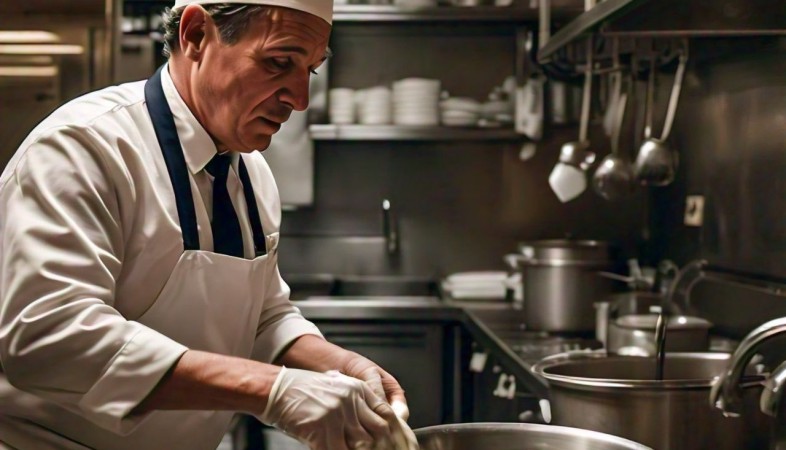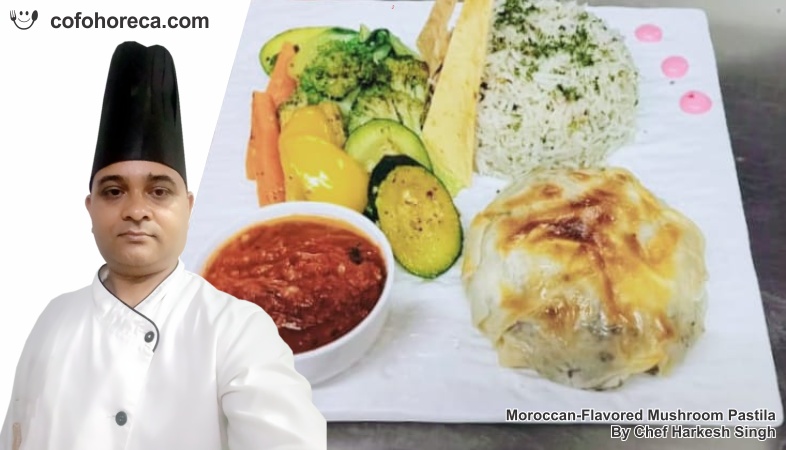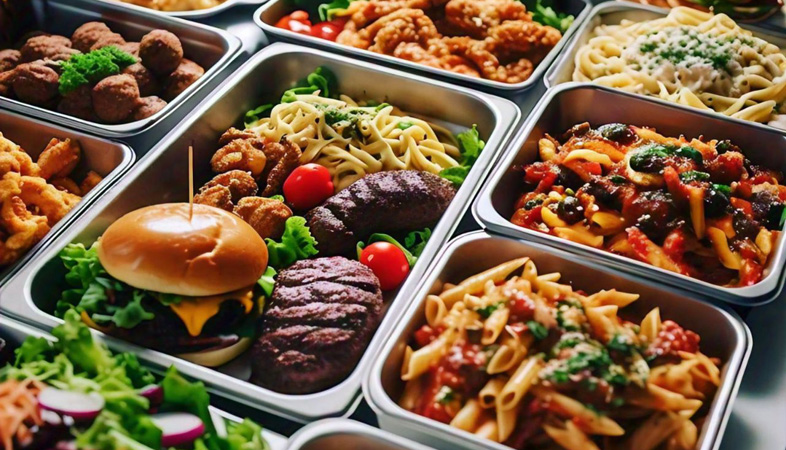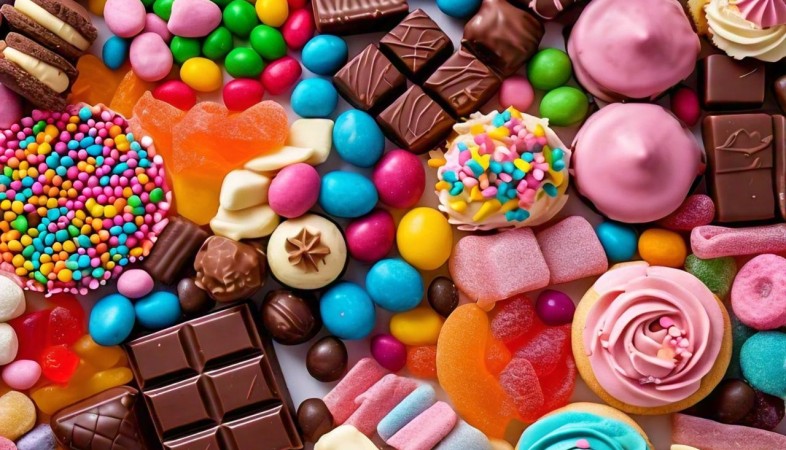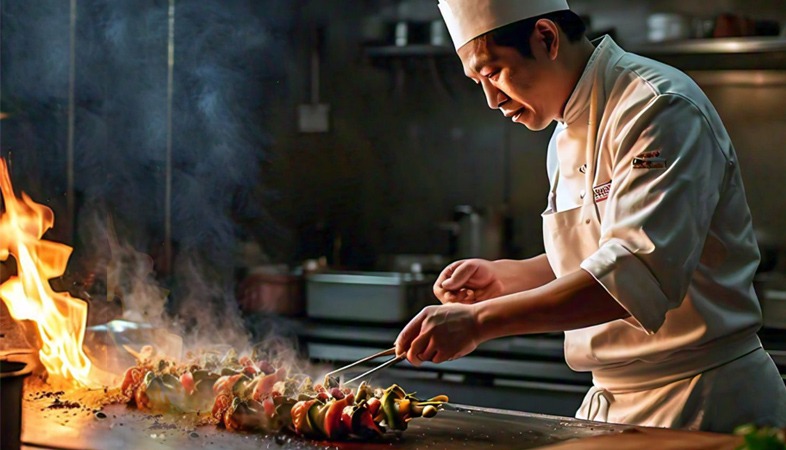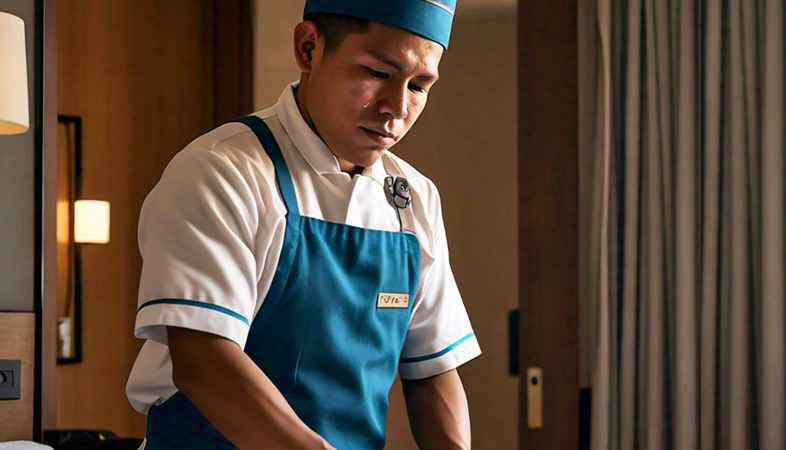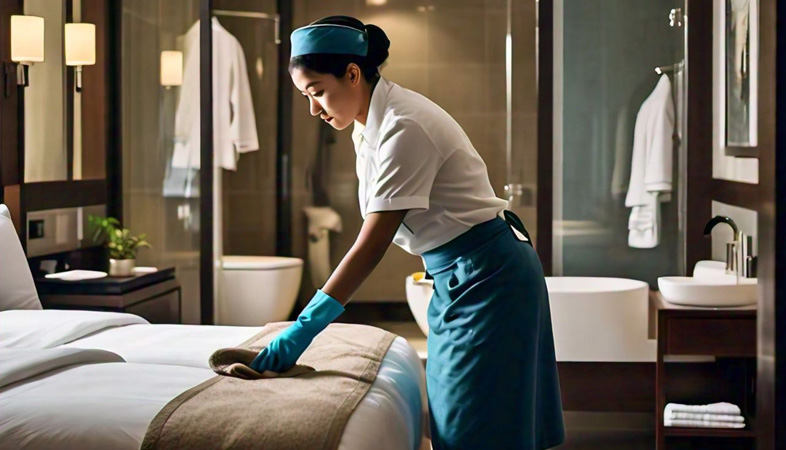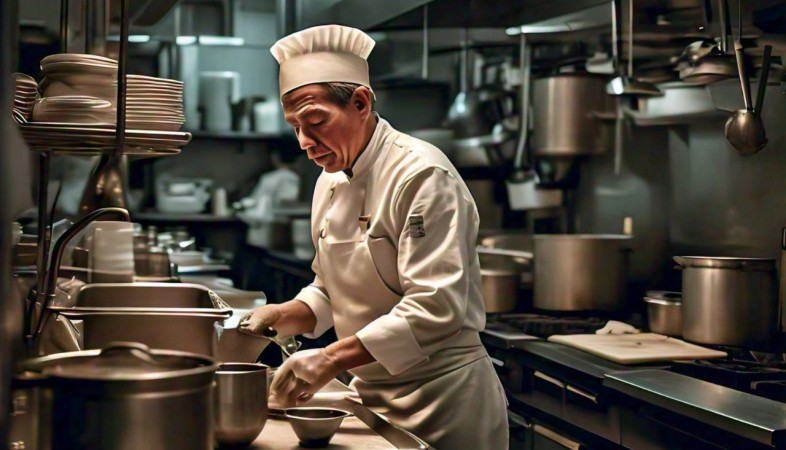SHARE
Commercials
More Posts
Jun 14, 2025
Essential Skills Every Front Desk Agent Should Have
Feb 03, 2025
Honey Pepper Rose Petals - By Chef Selva Kumar
May 24, 2025
Dry Fruits Peda - By Falguni Somaiya
Mar 15, 2025
Rajesh Kumar Takes Charge as Unit Manager at Sodexo
Mar 15, 2025
Rose Petal Thandai - By Chef Selva Kumar
Jun 14, 2025
Essential Skills Every Front Desk Agent Should Have
Feb 03, 2025
Honey Pepper Rose Petals - By Chef Selva Kumar
May 24, 2025
Dry Fruits Peda - By Falguni Somaiya
Mar 15, 2025
Rajesh Kumar Takes Charge as Unit Manager at Sodexo
Mar 15, 2025
Rose Petal Thandai - By Chef Selva Kumar
Jun 14, 2025
.png)





